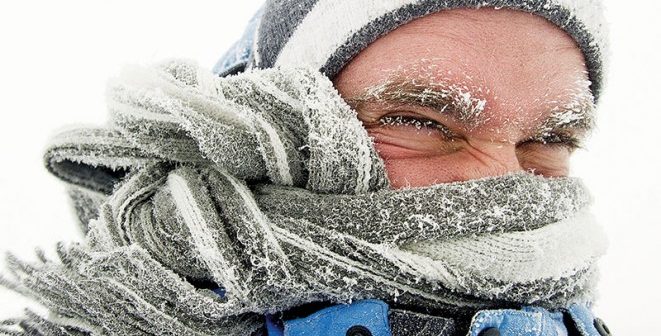Winter is a time of playing in the snow and sipping hot cocoa. These months of unpredictable and sometimes dangerous weather is also a time that families should take extra care to keep safe.In winter, viruses and bacteria abound like snowflakes. Work and school environments test our immune systems. And exercise likely takes a backseat when icicles are in view. But don’t despair. You and your family can hang onto good health in spite of the challenges. Here’s how.
Keep hands clean
Many of these common infectious diseases are spread by germs on our hands. You can reduce the risk of getting sick or passing infections on to others by washing your hands, wiping down frequently touched surfaces, and covering your coughs and sneezes with a tissue.Wash your hands frequently, especially after touching doorknobs, using public transportation, or being in common areas.When you do wash your hands, use soap and warm water for at least 25-50 seconds.
Keep moving
It’s vital to keep your workout regimen up during winter, with a recent study showing that a moderate level of regular exercise has a long-term cumulative effect on immune response.Making sure you create regular exercise habits is one of the best ways to get the extra kick needed to survive the cold.Being active for 30 minutes every day can help you feel more energetic, healthier and can even make your world look better and brighter.
Eat healthy
Increase immune boosting food and drink. Immune boosting food and drink keeps the body well-nourished so when viruses do strike the immune system has fuel to work efficiently.Eating foods which have vitamin c is also important.Not only healthy diet required, but also consume fruits as they are filled with the necessary vitamins, minerals and antioxidants that help us to fight against diseases.
Sleep well
Sleep is the way our bodies repair and heal during the night so make sure your children get enough sleep during cold and flu season.On average we sleep six-and-a-half hours a night, much less than the eight to nine hours recommended.Get at least eight to ten hours sleep a night to prevent your immune system from weakening and making you more susceptible to colds and flu.
Flu vaccination
Influenza, commonly known as the flu, is a highly contagious infection that is more serious than the common cold. Annual vaccination against seasonal flu can reduce your chances of getting the flu and can also reduce the severity of flu symptoms if you do catch the flu.
Finally most important thing is that stay away from people displaying symptoms such as coughing and sneezing.


